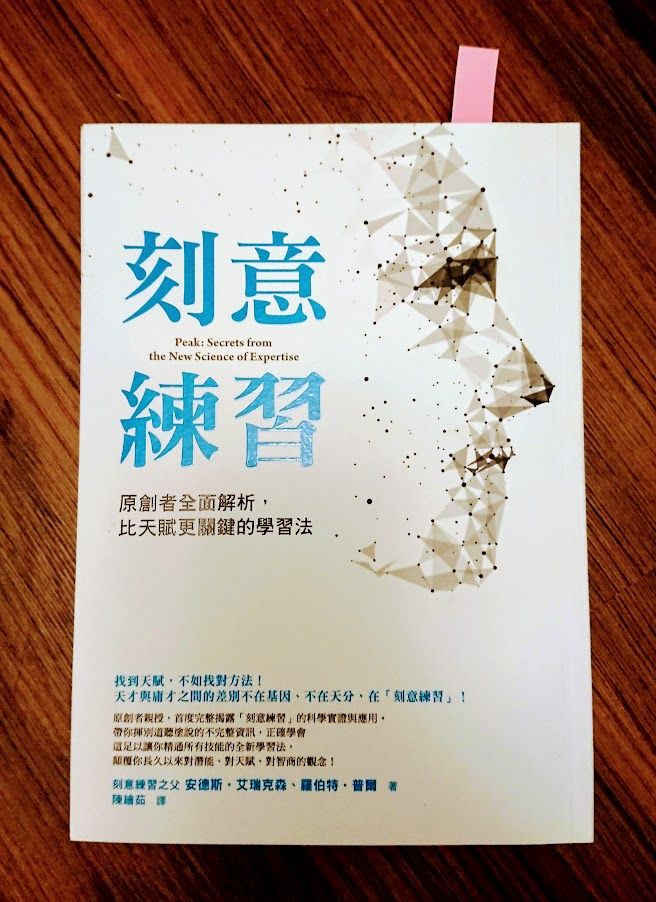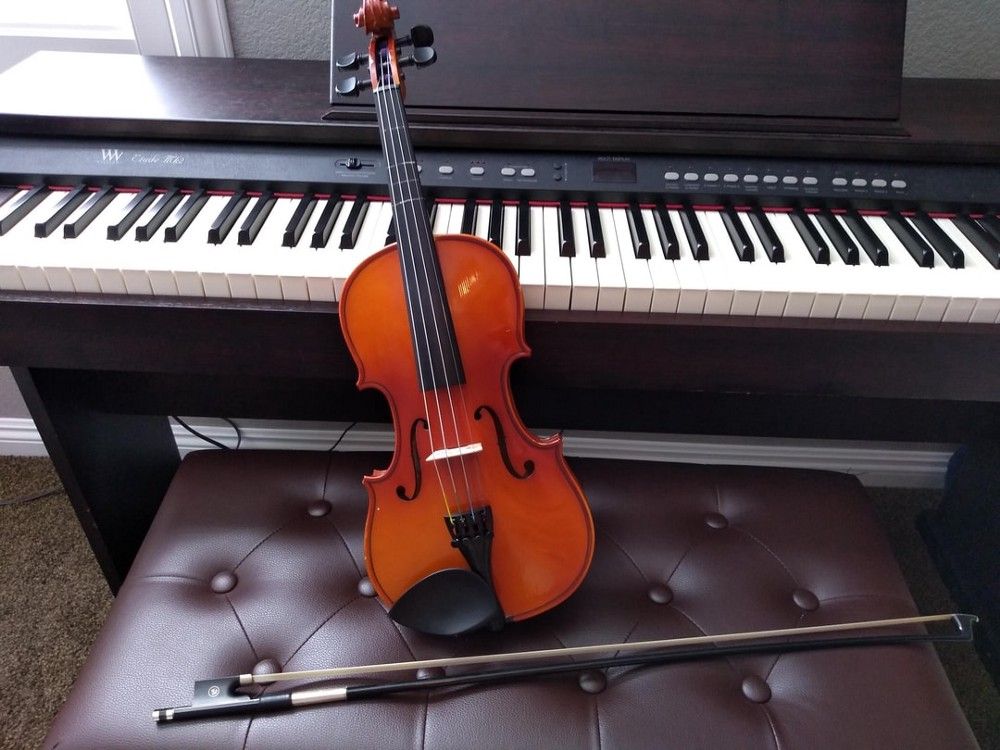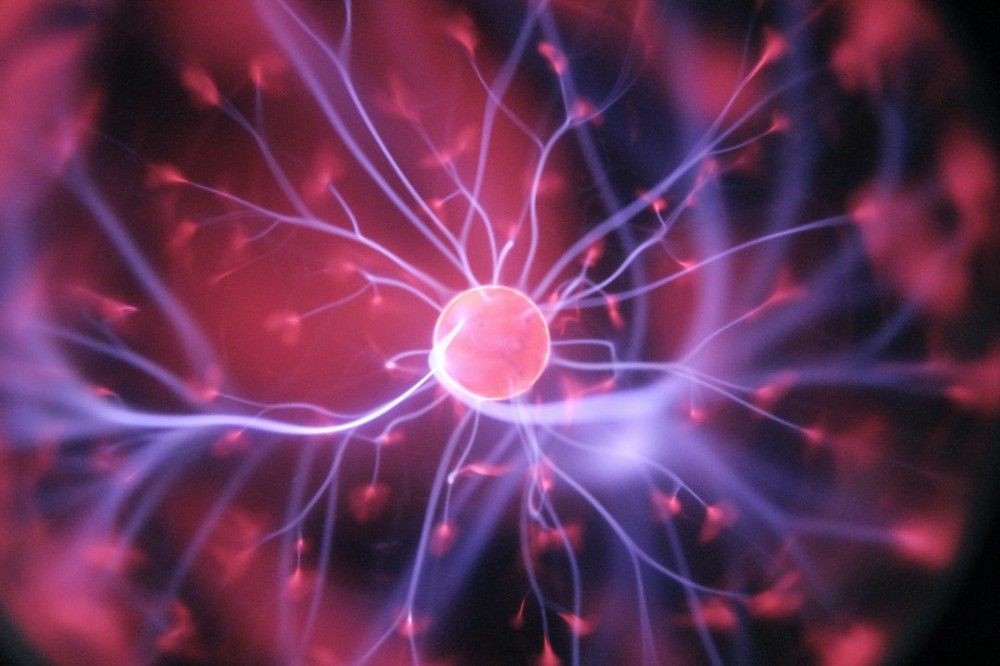"Deliberate Practice": Success is not destiny! Or is it destiny?

Why can some people achieve the top in their own field, while others can only live in the mediocre world? Does the success of those musicians, chess masters or Olympians stem from their talent or hard work?
How to become a genius is a big question that has been discussed badly, and the book "Deliberate Practice" introduced today is to tell you that the path of genius is not destined by heaven, but can be copied and learned by us mortals.
There are two authors of this book, one is Robert, who has published many scientific books; the other is Anders, who is known as an "expert who studies the world. The two told readers in the time of a book that genius does not depend on talent alone, but not only through hard work, and the key to truly making extraordinary is the title of the book: deliberate practice .
In the following, I will start with the example of perfect pitch to explain why genius is acquired. Then I will explain that the key to becoming a master is to use deliberate practice to build mental representations. Finally, I will briefly describe the practical points of deliberate practice. At the end of the article, I will try to use On the other hand, I think about the meaning of deliberate practice, and explain what the second half of the title says: Or is it destiny?
【Genius is not destiny】
First, the author has to prove to the reader why genius is not innate. They cite a classic example in the field of music: absolute pitch.
Absolute pitch, also known as perfect pitch, is available to only one person in every 10,000 people. Even world-class musicians may not have this ability, such as the musical prodigy Mozart, but the romantic master Brahms does not. In this way, this ability must be predestined, right?
However, in recent years, studies have loosened such a naturalistic view, and loopholes can be found from the following two clues:
- First Clue: The Impact of Musical Learning at an Early Years <br class="smart">People with this "gift" almost all begin to learn music at a young age of three to five years. If perfect pitch is innate, childhood training shouldn't matter.
- Second Clue: Influence of Tonal Languages <br class="smart">Studies have found that perfect pitch is more common in tonal languages (such as Chinese, Vietnamese and other Asian countries). And if these tonal language lineages learn non-tonal languages such as English since childhood, the proportion of them developing perfect pitch will drop significantly. Obviously, compared to blood races, acquired training methods are more critical.
The final hammer to determine that perfect pitch is not innate is the study of Japanese psychologist Ayako Sakakihara. She gathered 24 children between the ages of 2 and 6 for several months of pitch training. It turned out that although each child progressed at a different rate, in the end everyone had a perfect pitch.
This result shattered everyone's perception of talent, proving that acquired exercise is crucial to ability development. Next, let's take a look at how this ability is created.

【Brain can create talent】
The authors point out that with the right training, almost anyone can "learn" to perfect pitch. The key to ability development is a brain with extremely high plasticity and adaptability .
This phenomenon does not only occur in the field of music. After researching the leaders in many fields, the author found that the process of "genius" developing these incredible abilities is exactly the same as the above-mentioned development of perfect pitch, which is through training to bring about qualitative changes in the brain.
The book further points out that through practice, the neural circuits of the brain will change, and eventually the so-called "representation of the mind" will be developed by the genius.
A mental representation is a mental structure that corresponds to an item, a concept, or a set of information. For example, the chessboard seen by a chess master is not just a chaotic interlaced piece, but a group of patterns. Studies have shown that there are about 50,000 pieces of chess-shaped patterns in the mind of a master chess player, which makes them different from the average. There is a huge gap in the chess player's chess skills.
So how do you train your brain? Yes, the answer is "deliberate practice".
In addition, mental representations that are domain-limited, such as the mental representation of a diver, cannot be applied to the basketball court. This explains why most masters can only shine in a single field. It's not that their talents are only there, but that they don't have enough time to cultivate other mental representations.
You might ask, the above example of perfect pitch is applied to children, whose brains are extremely malleable, of course. But if it's an adult, isn't it helpless?
It is true that almost no one in adulthood can be trained to produce absolute pitch, but this is not the case in all fields. The adult brain is still adaptable, and most skills can still be acquired with proper training.
This has given us new thinking about talent. In the past, it was always believed that everyone has a fixed set of potentials (like musical or mathematical potentials), and we can strengthen these capabilities, but we cannot step into areas outside our instincts, otherwise we will be as tragic as Hua Shi Doulang; but the new view believes that it is not. There are so-called predetermined abilities, and everyone can rely on brain adaptation to create skills that did not exist before.
In short, compared with traditional practice, we hope to let us realize our inherent potential and maximize our instinctual talents; the new concept believes that potential is not innate, but can be created through deliberate practice.
To understand how talent is generated, then we will introduce the conditions and practical points of deliberate practice.

【Practice points of deliberate practice】
Okay, so how exactly do you practice deliberate practice? The first thing to understand is that deliberate practice has 2 prerequisites:
- The field must be fairly mature <br class="smart">Mature fields like music performance, gymnastics or diving have a better chance of practicing deliberate practice.
- A teacher is needed to help students improve performance <br class="smart">Deliberate practice requires a mentor to help correct and move the skill in the right direction.
With the above two points in mind, let’s take a look at the 5 elements of deliberate practice:
- Clear goals <br class="smart">Deliberate practice is not mindless hard work, but to have specific goals and allow yourself to have standards to adjust and adjust. For example, setting the goal of playing a piece correctly three times is much better than simply repeating it over and over again.
- Focus <br class="smart">Focus is important to deliberate practice. When training, you must concentrate on the items you want to strengthen, otherwise the effect will be greatly reduced.
- Feedback <br class="smart">If you make mistakes, you can have timely feedback, so that you will not take detours without knowing it. This is why the above conditions require a good teacher, because he can not only point out your technical problems, but also provide suggestions for improvement.
- Stepping beyond your comfort zone <br class="smart">Deliberate practice demands constant pushback. When you have mastered a certain skill, it is necessary to move in a new direction and break out of the circle of freedom.
- Keep exercising <br class="smart">In the end, it is inevitable to return to the "persistence" of the old meme. Only by repeating the above 4 points repeatedly, can the skills in a field be ground to the top.
From the above 5 points, it can be seen that deliberate practice is not a goalless hard work. This is why the author would say that the 10,000-hour rule is not a rule at all. Just like many passers-by who play three or three all their lives and will not become professional basketball players, the length of training is important, but the quality of training is more important. Butcher Pig can never go to space.
A more correct statement of the 10,000-hour rule should be that it takes 10,000 hours of "deliberate practice" to achieve the top. In fact, if you want to improve any skill, you can apply deliberate practice. Even if the average person cannot climb to the top, as long as he is willing to put in a certain amount of time, he can make significant progress in a skill.

【Summarize】
in conclusion. First of all, the reason why genius can be extraordinary is not through talent, but through acquired training; and the key to training is to create a mental representation that surpasses ordinary people through deliberate practice; Progress, persistence, etc.
This book is not all a step-by-step reference book that teaches you how to practice deliberate practice. It may be more appropriate to say that it is a popular science book of deliberate practice. The two authors combine a wealth of research and true stories to show you that deliberate practice is a proven theory. It's an enjoyable read, and it's a very easy-to-read book.
[Postscript: Isn't success really destined? 】
Finally, I would like to talk about my reflection on deliberate practice from another aspect. At first glance, the book offers a tantalizing promise that anyone can be at the top if they work hard in the right way, and don't have to worry about talent.
But is it really so?
An example in the book made me question such "positive" thinking. The author mentions that the psychologist Borja, because he believes that genius can be trained, conducts his own experiments. Since childhood, he used deliberate practice to train his three daughters to play chess. In the end, they all successfully became top chess players, proving that genius can be trained. such a view.
But when I read this story, what I felt was not inspiration, but a worry. It seems that as long as parents have a heart, they can help their children succeed. Somehow, the words "class copy" came to my mind.
If you look back at the main points of deliberate practice, you will find that people with rich resources have more capital to practice deliberate practice. For example, the condition of a good teacher is obviously very popular for the rich. It is mentioned in the book that training a top tennis player costs about 30,000 US dollars a year, and the tuition fees of those specialized tennis schools are even higher, which is obviously a great burden for the poor.
Although the author believes that the Internet resources are developed now, as long as you have the heart, you can still learn even without a teacher. But is it really so?
A few years ago, when I saw all kinds of online courses spring up like mushrooms after the rain, I once felt that as long as there is a will, everyone has the opportunity to learn, and environmental restrictions are no longer a problem.
But then I read this article by Shang Zhou, which mentioned that most of the people who will use these resources to improve themselves come from developed countries, and even have degrees and stable jobs. Surprisingly found that this is not me? Only then did I realize that the convenient Internet is more helpful to those who already have the resources.
The same is true for concentration and persistence. Just imagine that if a person’s family situation is difficult and his parents need to work hard to make a living, he will need to share more housework or even earn money in advance, and these factors will affect the quality of deliberate practice.
In short, people with rich resources can provide themselves or the next generation with more money, connections, and effort than those at the bottom, which are precisely what deliberate practice requires.
As far as I am concerned, this book is positive, giving the confidence that one can grow with the right effort; but as a society as a whole, I am a little pessimistic, because it seems to be more proof that the upper class can give the next generation a chance to succeed.
In the past, when I was serving as an alternative service in a primary school, I saw that many children from disadvantaged families faced far greater obstacles in their studies than those from well-off families, both academically and artistically.
Sometimes I wonder, if I grew up in a relatively poor family, wouldn’t it be possible for me to study all the way to a master’s degree in four universities, work in a foreign business, and then study and write here?
I know that some people may think that this is the social reality, and there is nothing to say. But I always hope that everyone can have the right to freely choose and develop. And the theory of deliberate practice, in my opinion, seems to prove that this ecological chain will continue to continue.
Of course, I still have no idea about this. Not sure how you feel about deliberate practice? Is it a rope to climb upwards, or a chain that binds the class? Welcome to discuss together.
Articles you may also be interested in:

↓↓You are also welcome to follow the Facebook and mourning of "Mrs's Reading Space"↓↓
James' reading space FB
James' reading space IG
Like my work? Don't forget to support and clap, let me know that you are with me on the road of creation. Keep this enthusiasm together!


- Author
- More